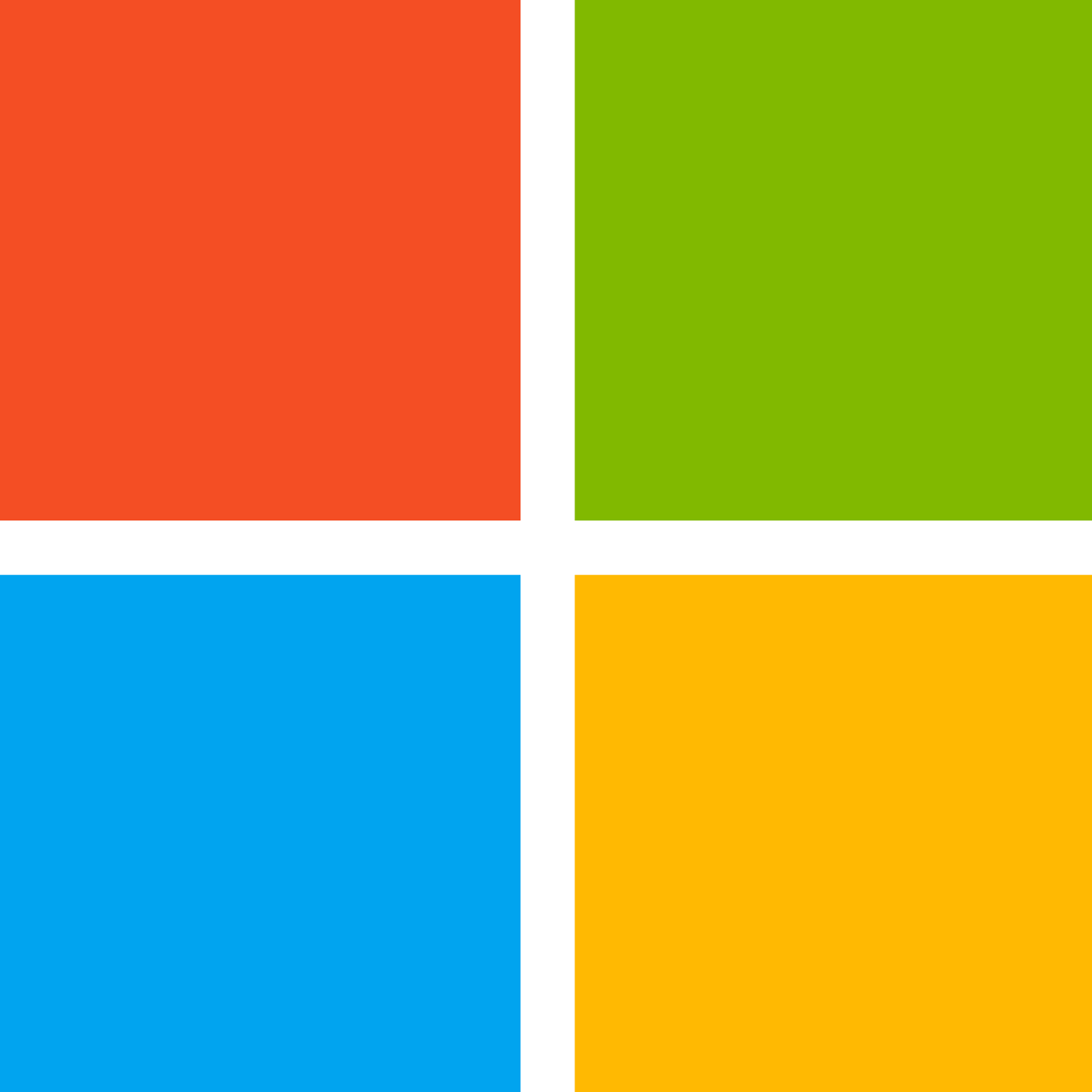
All GuidesMicrosoft
Microsoft Machine Learning Engineer (MLE) Interview Guide
Learn how to prepare for the Microsoft Machine Learning Engineer interview and get a job at Microsoft with this in-depth guide.Browse machine learning engineer interview questions
Review recently asked machine learning engineer interview questions and answers from real candidates.
Browse questions ->Explore more machine learning engineer content
Watch mock interviews, review fundamentals, and get insider interview tips with Exponent.
Learn everything you need to ace your Machine Learning Engineer interviews.
Exponent is the fastest-growing tech interview prep platform. Get free interview guides, insider tips, and courses.
Create your free account